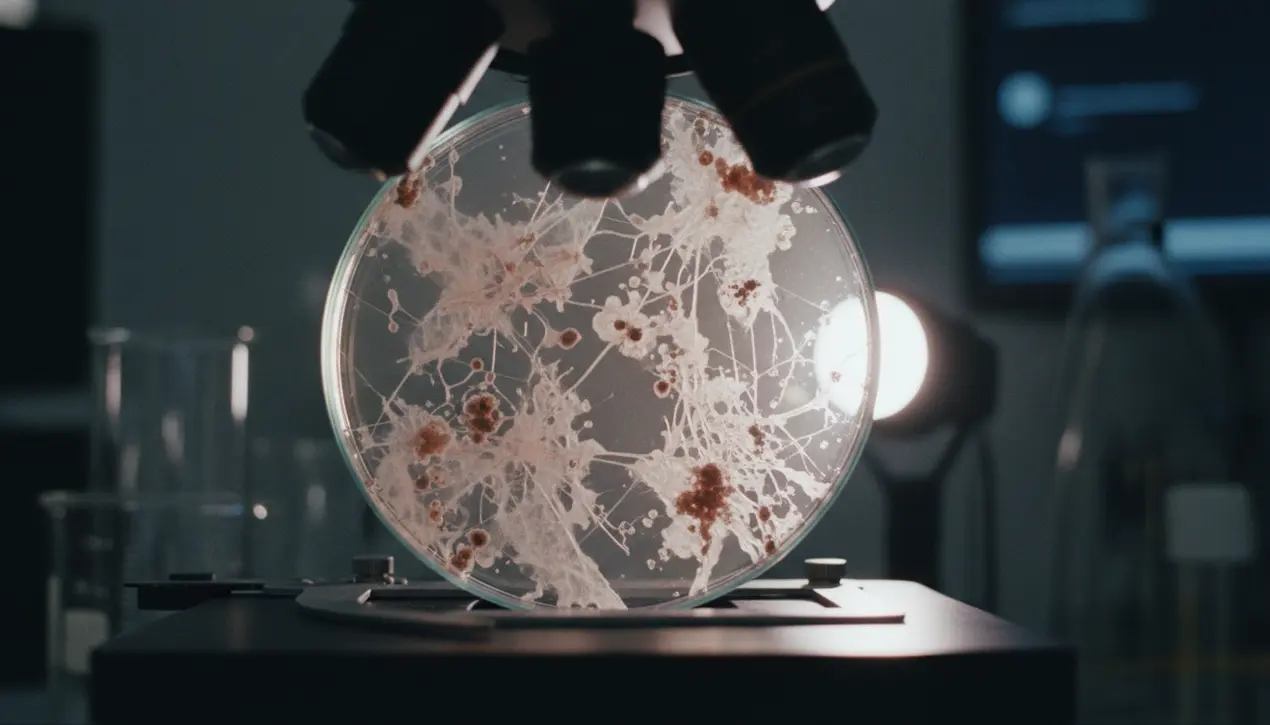
Scienceneuroscience
Chronic Inflammation Reprograms Bone Marrow into a Disease-Permissive Niche
KE
Kevin White
2 hours ago7 min read3 comments
New research reveals that chronic inflammation fundamentally reprograms the bone marrow, transforming it from a site of healthy blood cell production into a corrupted niche that fuels disease. The study shows that persistent inflammation rewires the bone marrow's stromal cells, pushing them into a dysfunctional state.These altered cells then collaborate with interferon-responsive T cells to create a self-sustaining inflammatory loop. This vicious cycle progressively suppresses normal hematopoiesis while providing a fertile environment for pre-malignant, mutated stem cells to expand.Crucially, the research suggests these mutant cells may not be the primary drivers of disease, but rather opportunistic inhabitants thriving in a destabilized microenvironment. This paradigm shift points to targeting the inflammatory 'soil' rather than just the malignant 'seed' as a promising therapeutic approach for age-related blood disorders like myelodysplastic syndromes and leukemias. The findings have broad implications, offering a new framework for understanding how chronic inflammatory conditions—from autoimmune diseases to persistent infections—can remodel fundamental cellular sanctuaries to predispose individuals to a spectrum of illnesses.
#featured
#inflammation
#bone marrow
#stem cells
#chronic disease
#aging
#immune system
#research breakthrough
Stay Informed. Act Smarter.
Get weekly highlights, major headlines, and expert insights — then put your knowledge to work in our live prediction markets.
Related News
Comments
Loading comments...
© 2025 Outpoll Service LTD. All rights reserved.